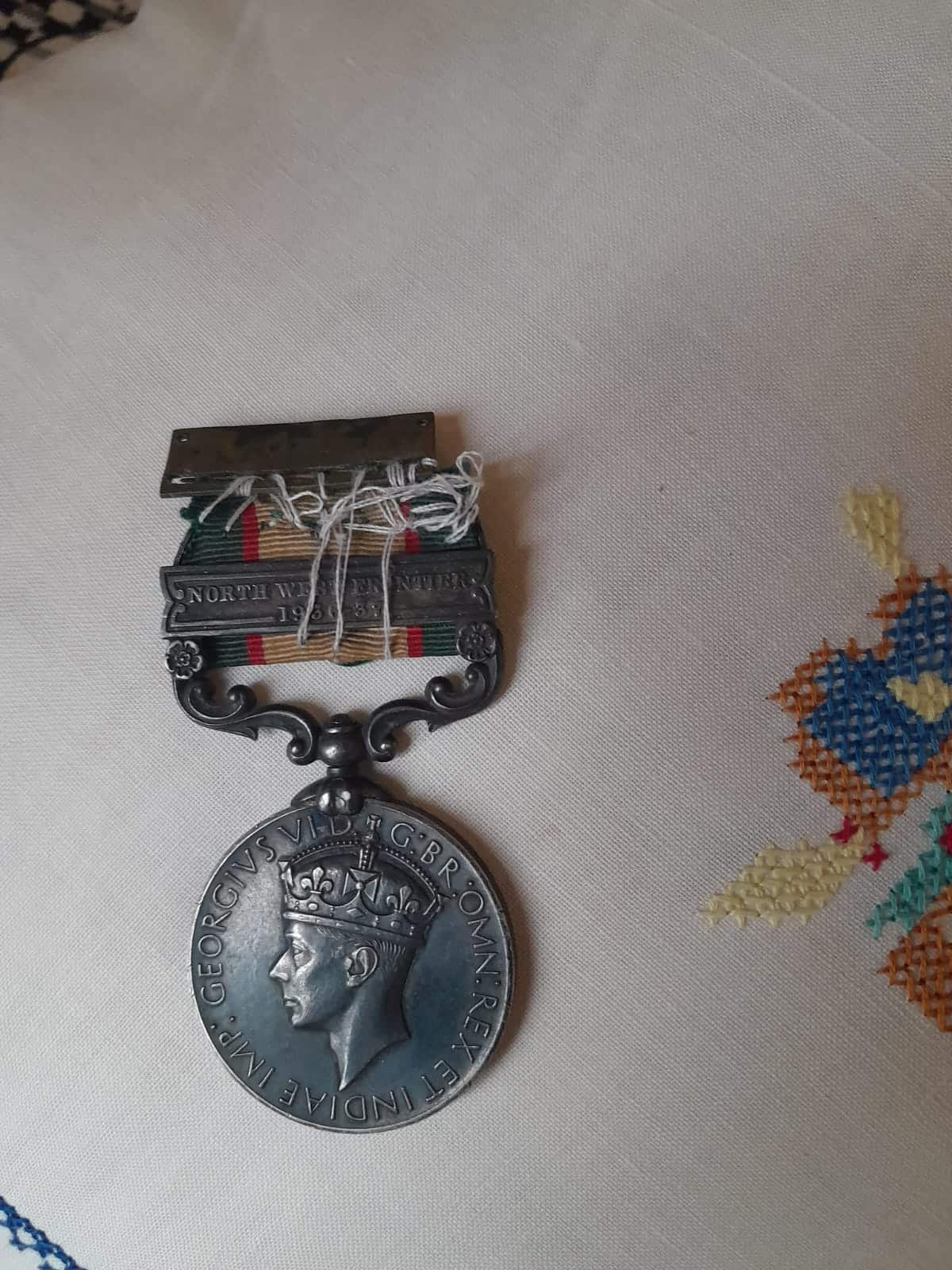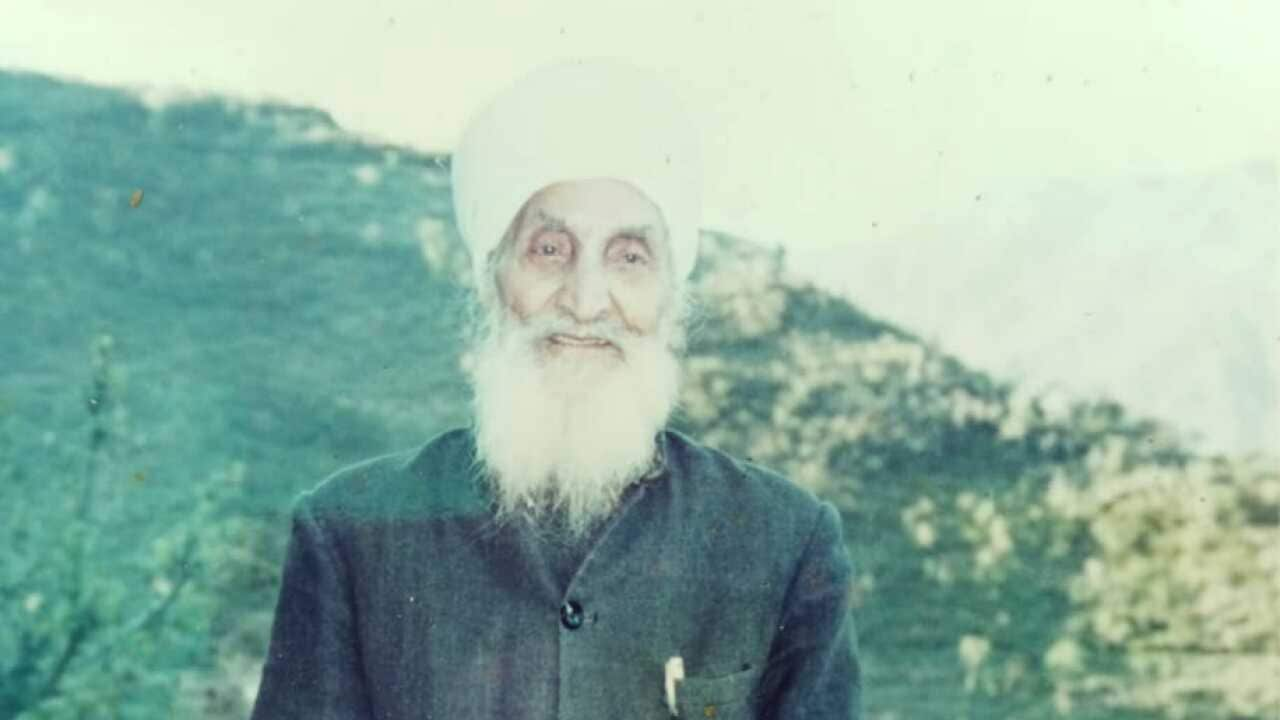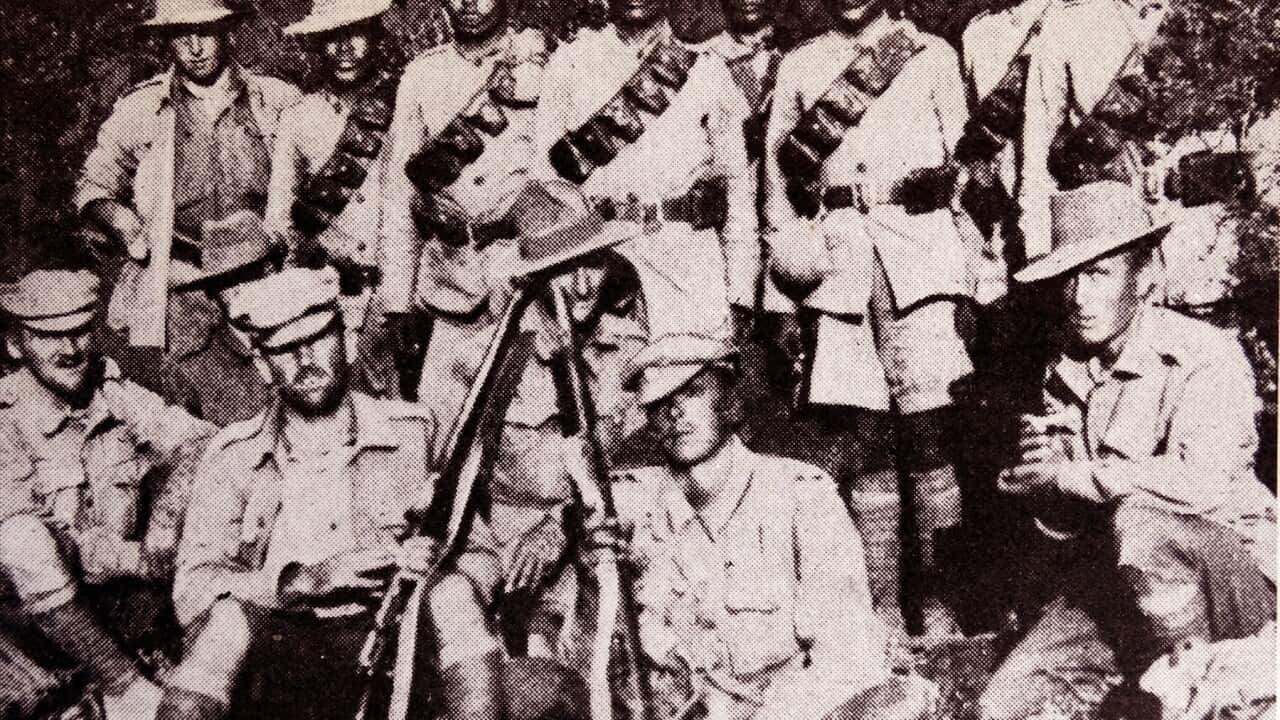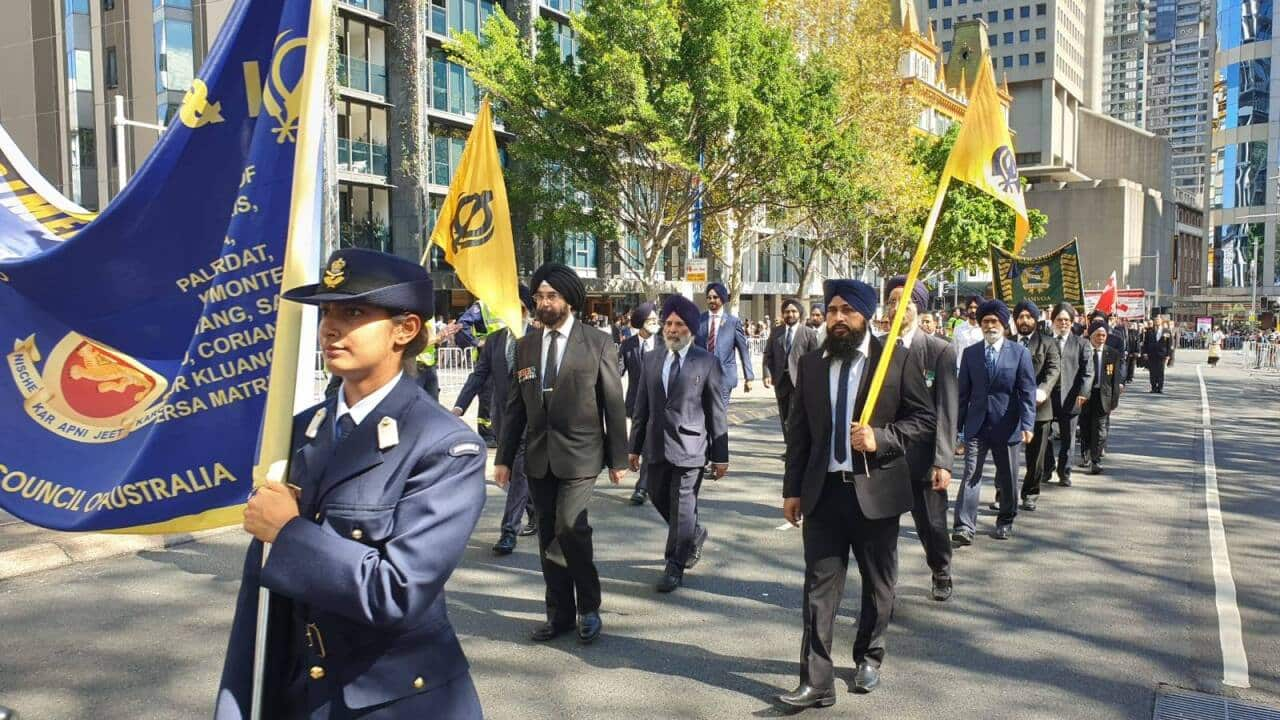Key Points
- During a fight in France against Hitler's forces, Mr Sandhu got badly injured and was arrested by the enemy and later sent to hospital for treatment.
- Born in the small village of Chabba Sandhuan in undivided Punjab (now in Pakistan) on 10 Oct 1914, Mr Sandhu joined the armed forces as a Lance Naik at the age of 21 and retired due to permanent injury in 1945.
- Mr Sandhu started working as a translator as well as a medical assistant to treat the injured soldiers impartially even if they were from the enemy’s side.
Decorated with many bravery awards, Mr Sandhu, Lance Naik (the equivalent of Infantry Lance-Corporal in the British army) in the Allied forces, says he spent seven years of his newly wedded life fighting with Allied forces in World War II, with six of those, in various German prisons as a Prison of War (POW).
Sydney-based, Jitender Singh, a grandson of Mr Jarnail Singh Sandhu, told SBS Punjabi: “Right after joining the Indian Army in 1935, my grandfather was sent to France to fight with Allied forces."
A Tale of Bravery:
During a fight in France against Hitler's forces, Mr Sandhu got badly injured and was arrested by the enemy and later sent to hospital for treatment.

The medal was awarded to Lance Naik Sandhu by the British Government for his bravery and for undergoing six years of imprisonment during WW II. Credit: Jitender Singh
“After that, the enemy started a grenade attack towards the trench where Lance Naik Sandhu was fighting the enemy along with other soldiers. The valiant soldiers cornered in the trench started throwing the grenades back towards the enemy using their hands."
While throwing the grenades back to the enemy, one of them exploded in Mr Sandhu’s hands injuring his right hand and right foot badly, his grandson said.
Born in the small village of Chabba Sandhuan in undivided Punjab (now in Pakistan) on 10 Oct 1914, Mr Sandhu joined the armed forces as a Lance Naik at the age of 21 and retired due to permanent injury in 1945.

Credit: Jitender Singh
Lance Naik Sandhu provided medical treatment even to his enemy forces.Proud grandson Jitender Singh
During his time in the hospital, Mr Sandhu, who had a good command of spoken and written English, learnt some level of the German language as well.
“When my grandfather got slightly better with his health, he started working as a translator as well as a medical assistant to treat the injured soldiers impartially even if they were from the enemy’s side," Mr Singh said.
“After the surrender of German forces in 1945, WWII came to an end and my grandfather returned to his barracks in Sialkot (now in Pakistan)."

Lance Naik (Retd) Jarnail Singh Sandhu spent six years in jail as a Prisoner of War. Credit: Jitender Singh
Start of another journey, another struggle:
In 1947, at the formation of Pakistan, Mr Sandhu had to move with his family to the Indian side of the border where they were camped in Karnal along with many others.
He had to start his life all over again from the scratch, his grandson said.
The Indian government awarded some land to Mr Sandhu in the village Bodhni in Kurukshetra, which is in the state of Haryana.
As a diehard soldier, Mr Sandhu started working with the health department of India as a malaria control officer and worked as a volunteer and in community service until his death in 2007.
Listen to the audio by clicking on 'Speaker' in the photo above.
Listen to SBS Radio's Punjabi program from Monday to Friday at 9 pm. Follow us on and .














